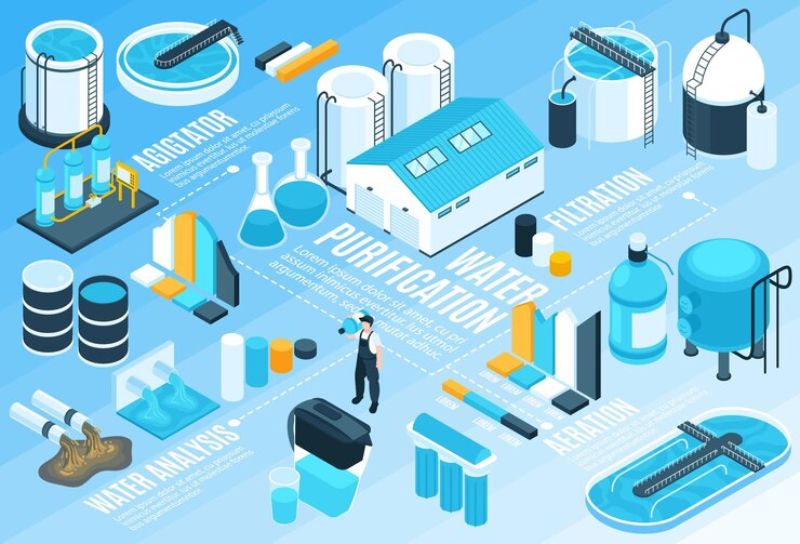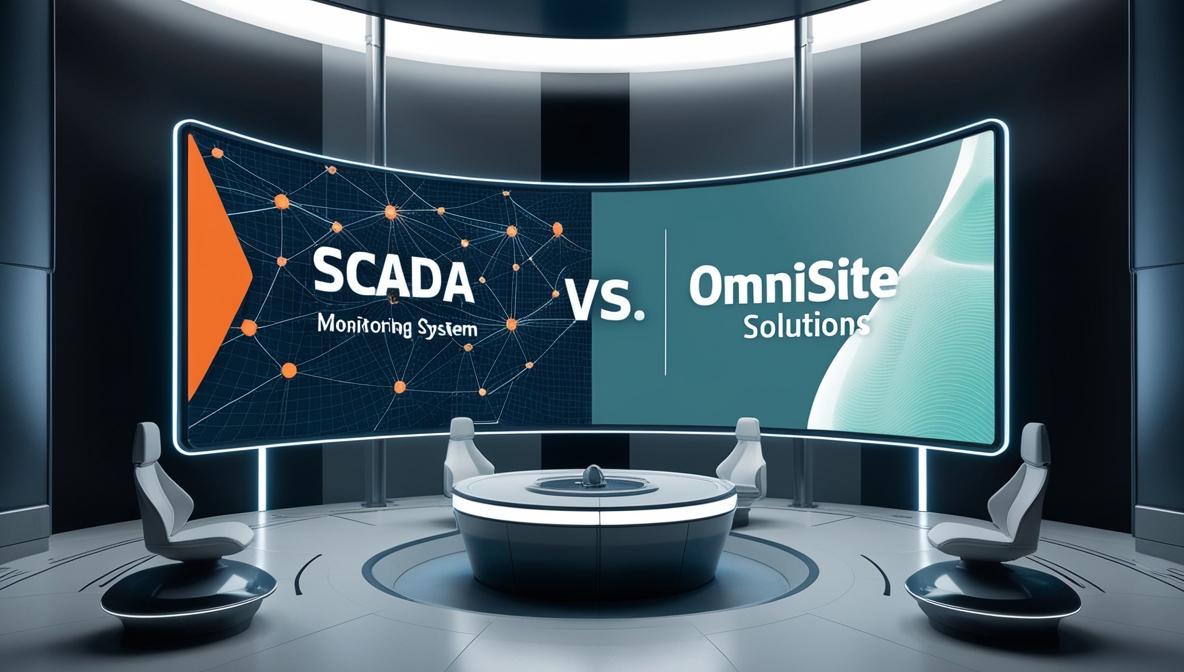Key Takeaways
- Water purification is a vital procedure for guaranteeing safe drinking water.
- Modern systems use advanced technology to remove impurities effectively.
- Selecting the appropriate filtration system relies on various factors, such as the water source and particular requirements.
Understanding the Basics of Water Filtration
Water filtration systems are vital instruments in our pursuit of pure water. Designed to eliminate harmful substances, these systems play a crucial role in safeguarding public health. The process typically involves multiple stages, each tailored to remove specific impurities. Consumers need to comprehend these elements to make informed choices. Whether dealing with municipal sources or private wells, ensuring efficient water purification Tampa is a priority, ensuring a safe and healthy water supply.
Each filtration method serves a unique purpose, from simple carbon filters that absorb odorous chemicals to intricate UV systems that disinfect water on a microbial level. Activated carbon is especially efficient at eliminating chlorine, improving the taste and odor of the water. Conversely, UV filters are crucial in eradicating microorganisms, providing a germ-free drinking experience without chemical additives.
How Modern Technology Enhances Water Filtration
Modern water filtration has significantly benefitted from technological innovations. Systems incorporating UV purification and reverse osmosis deliver the safest water possible. UV purification involves passing water under UV lights to eliminate pathogens, which ensures microbiological safety without altering the water’s physical or chemical properties. This method is particularly advantageous for households relying on wells where microbial contamination is risky.
Reverse osmosis, a transformative technology, pushes water through a semipermeable membrane to eliminate dissolved solids, heavy metals, and various pollutants. This method is renowned for producing high-quality drinking water, and when combined with pre and post-filters, it addresses a comprehensive range of impurities. Such sophisticated setups underline the effectiveness of modern technologies in safeguarding water quality in urban and rural settings.
Common Household Water Contaminants
Household water can harbor various contaminants that pose health risks if not filtered out. Common culprits include heavy metals like lead and mercury, by-products of municipal disinfection processes such as chlorine, and biological contaminants like bacteria, viruses, and parasites. Understanding these pollutants empowers homeowners to choose appropriate filtration technologies.
Selecting the Right Water Filtration System
The selection process for a water filtration system involves several critical considerations that dictate the system’s effectiveness and suitability. Knowing the specific impurities in your water is the first step in this journey, which often involves undertaking water quality assessments. Homeowners may opt for government-provided services or independent companies to perform these tests.
Steps to Select the Suitable System:
- Test your water to identify contaminants.
- Research filtration methods that target these specific contaminants.
- Evaluate system costs and maintenance needs. Some systems require periodic replacement of filters, which could impact the overall cost of ownership.
- Consider your household’s water consumption requirements to ensure adequate capacity and flow rate.
These steps guide consumers toward an educated purchase decision, ensuring safe and satisfying water needs. Reviewing customer feedback and expert evaluations to understand the system’s performance in real-world scenarios is wise.
Benefits of Installing a Water Filtration System
The tangible benefits of installing a water filtration system extend beyond simple access to clean water. One significant advantage is the enhanced taste and smell of water, which encourages higher water consumption, a trait positively associated with numerous health benefits. Moreover, reducing pollutants from drinking water diminishes the risk of gastrointestinal illnesses often associated with contaminated water. Environmental concerns also take a backseat with water filtration systems as they considerably diminish reliance on bottled water, thereby reducing plastic waste.
The Economics of Home Water Filtration
Investing in a home water filtration system is not just about health; it’s also an economic decision that promises long-term savings. While initial costs can deter some, users find that the absence of costs for bottled water quickly offsets expenses. Health-related savings follow as filtered water reduces exposure to pollutants, lowering medical bills and fewer visits to the doctor.
Another financial advantage is the preservation of home appliances. Filtered water minimizes mineral buildup in devices like coffee makers and washing machines, thus extending their lifespan and reducing repair costs.
Real-Life Examples of Effective Water Filtration
Numerous communities worldwide have embraced water filtration technologies to overcome challenges ranging from contamination to water scarcity. For instance, several urban areas known for industrial pollution have successfully implemented large-scale filtration systems that dramatically improve the safety and palatability of their water supplies.
Such examples serve as inspirational benchmarks, demonstrating that effective water filtration can address diverse environmental challenges, fostering healthier communities and significantly improving quality of life.




